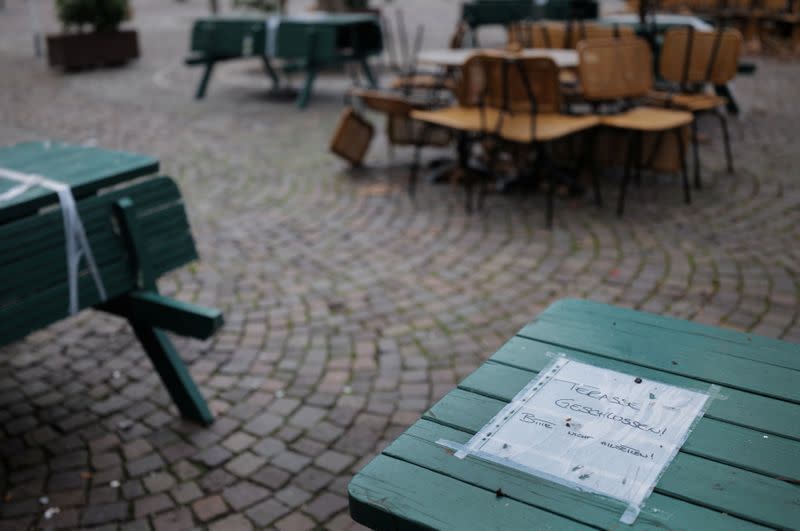By Sabine Siebold
BERLIN (Reuters) – Germany will not be able to lift all restrictions on the coronavirus in early February, said Health Minister Jens Spahn, emphasizing the need to further reduce contacts to avoid a more virulent variant of the virus.
The German cabinet on Wednesday approved stricter controls on people entering the country after a national blockade was tightened last week and extended to the end of January.
“One thing is already clear: it will not be possible to loosen all restrictions on February 1,” Spahn told Deutschlandfunk radio on Wednesday, adding that it would take another two or three months for the effects of a vaccination campaign to take effect. .
The Robert Koch Institute (RKI) for infectious diseases reported 19,600 new COVID infections on Wednesday. The death toll increased by 1,060 to 42,637.
The new stricter rules will require people arriving from countries with many cases or where the most virulent variant is circulating to have a coronavirus test.
Chancellor Angela Merkel said at a meeting of lawmakers on Tuesday that the next eight to ten weeks would be very difficult if the most infectious variant first identified in Britain spreads to Germany, according to a meeting participant. .
Finance Minister Olaf Scholz, in turn, renewed the government’s promise to continue supporting companies affected by the pandemic. “We will continue to do this as long as necessary,” he told ZDF broadcaster.
(Reporting by Sabine Siebold and Hans-Edzard Busemann; Editing by Riham Alkousaa, Madeline Chambers and John Stonestreet)
